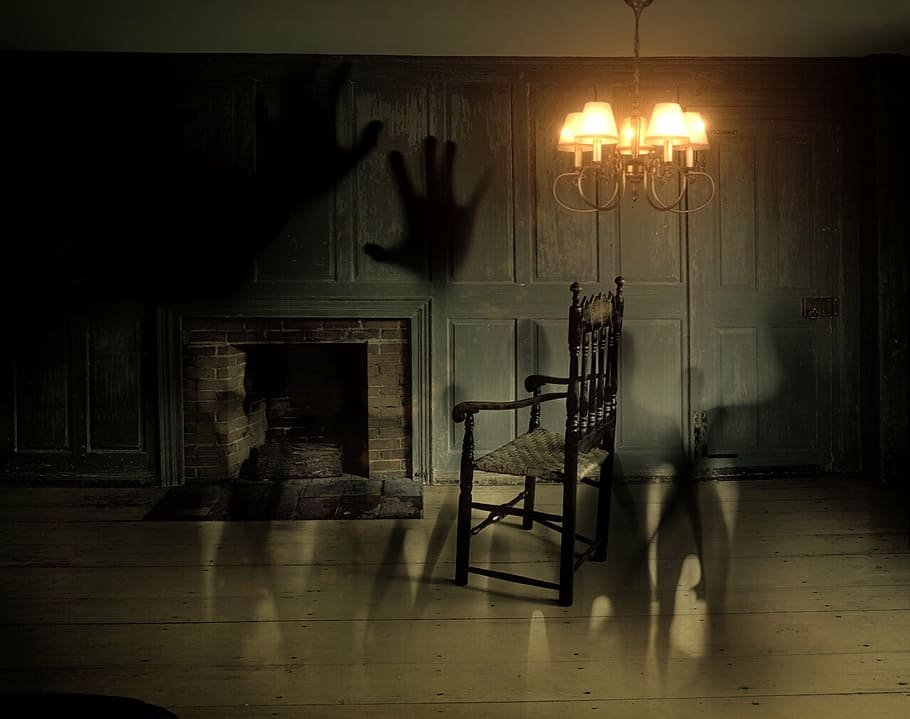What is Nightmare Disorder?
Most of us can relate to the experience of having a nightmare, particularly when we were children. Some people may even remember the nightmare itself or perhaps the experience of jolting up in bed with a fright. For most of us, nightmares are rare experiences however for people experiencing nightmare disorder these experiences can become problematic and pervasive.
Nightmares are generally thought of as vividly realistic dreams frightening dreams that are typically lengthy, elaborate and story like.Nightmares seem real and will often be accompanied by feelings of anxiety, fear and apprehension. Upon awakening, nightmares will usually terminate, and one will return to full alertness, however nightmares are well remembered and can be described in detail. Nightmares will often exclusively arise during rapid eye movement (REM) sleep and are more likely to occur during the second half of one’s major sleep episode when dreaming is said to be longer and more vivid.
Nightmares can also be distinguished from bad dreams, as nightmares are more emotionally intense, vivid and elicit stronger fear responses. Nightmares are also distinguishable from night terrors in that when one experiences night terrors, they will generally only have a vague recollection of the dream. They may also sleepwalk, shout or appeared frightened for several minutes before falling back asleep. Night terrors also generally occur in non-REM sleep as oppose to REM sleep.
What are the symptoms of nightmare disorder?
Although nightmares are fairly common, nightmare disorder is relatively rare. According to the DSM-5, to meet the criteria for nightmare disorder a person must meet the following criteria. Firstly, there must be repeated occurrences of extended, extremely dysphoric and well-remembered dreams that usually involve efforts to avoid threats to survival, or physical integrity and that generally occur during the second half of the major sleep episode. Secondly, upon awakening from the dysphoric dreams, the individual rapidly becomes oriented and alert. Thirdly, the sleep disturbance causes clinically significant distress or impairment in social, occupational, or other important areas of functioning. Fourthly, the nightmare symptoms are not attributable to the physiological effects of a substance. Fifthly, coexisting mental and medical disorders do not adequately explain the predominant complaint of dysphoric dreams.
What are the risk factors for nightmare disorder?
Studies have suggested that negative life events, stressors and traumas may be a predetermining factor of nightmare disorder. Post traumatic stress disorder (PTSD) is often associated with nightmares with a number of patients who suffer from PTSD reporting nightmares. While not all of these people will experience nightmare disorder it is likely that some do. It has also been suggested that nightmare disorder may be influenced by hyperarousal that accumulates throughout the day and is maintained during the night.
Maladaptive beliefs have also been suggested to play a role in nightmare disorder by which it is thought that attempts to suppress unwanted thoughts and feelings may increase the likelihood that they reoccur in a person’s dreams.
There may also be a genetic basis for nightmare disorder, with twin studies identifying a genetic effect on one’s disposition to nightmares and a co-occurrence with other parasomnias.
What are the treatment options for nightmare disorder?
Research regarding the treatment of nightmare disorder still appears to be in its infancy stages and may vary from person to person. Research suggests however, that particular medication can assist in the treatment of this disorder.
Furthermore, a number of psychotherapies appear to be promising including Eye Movement Desensitisation and Reprocessing (EMDR) and systematic desensitisation. EMDR has proven specifically helpful in people experiencing nightmares as a result of PTSD.
Preliminary studies have also suggested the use of lucid dreaming therapy as a potential treatment option for nightmare disorder, this is a specific method of imagery rehearsal therapy in which the dreamer is conscious during his dream and can modulate it. While results appear promising the evidence for this treatment is still weak.


